Did you know that over 35,000 Canadians suffer from cardiac arrest each year? According to the Canadian Red Cross, around 70% of these cardiac arrests happen at home. Surviving sudden cardiac arrest is nearly impossible unless someone performs CPR or uses an automated external defibrillator (AED) combined with CPR.
How can I tell if someone is experiencing cardiac arrest, though? There are many signs which will help you recognize cardiac arrest.
Recognizing Sudden Cardiac Arrest
Sudden cardiac arrest (SCA) is a different type of heart malfunction from a heart attack, and knowing the differences can help you save someone’s life if they suddenly suffer from this fatal condition.
With a heart attack, the heart may continue beating, but the blood supply to it is compromised. In the event of sudden cardiac arrest, the heart suffers an electrical malfunction that causes it to completely stop beating. This abrupt stopping in the heart function leads to a loss in consciousness, breathing, and blood circulation. Immediate response is required to prevent structural damage to the organs, which quickly leads to death.

Difference Between Cardiac Arrest and Heart Attack
When someone experiences cardiac arrest, it’s crucial to recognize the difference from a heart attack, as both conditions can lead to sudden death if not treated promptly. Cardiac arrest occurs when the heart’s electrical system fails, like a heart failure, leading to a condition such as ventricular fibrillation, which stops the heart muscle from pumping blood effectively. This results in a lack of oxygen-rich blood flowing to vital organs, which can cause brain damage or sudden cardiac death within minutes. Common cardiac arrest symptoms include chest pain, dizziness, and shortness of breath. When cardiac arrest occurs, the person may lose consciousness rapidly. Knowing how to perform cardiopulmonary resuscitation (CPR) and use an automated external defibrillator (AED) can significantly increase survival chances, especially when initiated immediately following the onset of symptoms. Additionally, calling emergency medical services as soon as possible is crucial for improving outcomes.
While both cardiac arrest and a heart attack are critical medical emergencies, they differ fundamentally in their causes and symptoms. A myocardial infarction, or heart attack, occurs when blood flow to a part of the heart, generally coronary arteries, is blocked, often due to a clot in a coronary artery, altering the heart’s rhythm. This blockage deprives the heart muscle of oxygen-rich blood, causing damage or death to the tissue. Unlike cardiac arrest, where the heart stops beating entirely, a person having a heart attack may still have a pulse and can remain conscious, though they might experience severe chest pain, discomfort, or other signs like shortness of breath. Understanding these differences is vital, as the treatment protocols vary significantly: while cardiopulmonary resuscitation and an AED are essential for cardiac arrest, a heart attack requires immediate treatment and may involve medications or surgical interventions to restore blood flow.
Warning Signs of Sudden Cardiac Arrest
Typically, sudden cardiac arrests are unexpected. However, in recent studies of survivors of sudden cardiac arrest (SCA), some common warning signs have been identified. Additionally, most incidents (but not all) precede, or are a result of pre-existing conditions of the heart like coronary, congenital, or valvular heart disease, cardiomyopathy, or cardiomyopathy (enlarged heart).
Risk Factors
- Family history of coronary artery disease
- High blood pressure
- High blood cholesterol
- Smoking
- Diabetes
- Obesity
- Sedentary lifestyle
- Previous heart condition
- Ageing
- Use of illegal substances like amphetamines and cocaine
- Sleep apnea
- Chronic kidney disease
- Males are more at risk than females
Drug overdose

Save Lives with CPR Training!
Join our CPR course dedicated to handling cardiac arrest emergencies. Learn essential techniques to respond effectively and confidently when every second counts. Our expert instructors provide hands-on training to ensure you’re prepared to act.
Common warning symptoms
These are the warning signs survivors reported feeling before the SCA:
- Dizziness
- Shortness of breath without reason
- Chest discomfort
- Weakness
- Palpitations
- Seizures, especially in the arms or legs
- Feeling nauseous or vomiting up to one hour before the SCA
Signs of sudden cardiac arrest
Sudden cardiac arrest is easy to identify because the signs are immediate and severe. They include:
- The person collapses suddenly
- No pulse can be found
- There is no breathing
- The person is unconscious

How to Help Someone Experiencing Sudden Cardiac Arrest?
The fastest and appropriate medical care of someone suffering from sudden cardiac arrest offers them the best chances of survival. If treated within minutes, the cardiac arrest condition is reversible. These are the correct steps to follow when seeing someone collapse suddenly:
Step 1: After confirming the cardiac arrest incident, call 911 for a medical emergency response team. If you are with someone else, get them to call medical attention while you attend the person.
Step 2: If available, use an AED immediately. These are found at many public places like schools, sports centers, airports, malls, community centers, etc. Following the instructions, AEDs are easy to use, administer the shock. Follow with CPR for 2 minutes before another shock is delivered. This process is repeated until the responders arrive.
Step 3: If an AED is not available, start giving CPR immediately to get the cardiac arrest treated. Continue with it until emergency services arrive.
Step 4: Hands-only CPR can also be performed at a rate of 100 compressions a minute by pressing down a minimum of 2 inches and allowing the chest to recoil fully.
Complications and Prevention
With sudden cardiac arrest, the blood flow to the brain is reduced to the extent that the person loses consciousness. It is important to get the heart rhythm to return to normal as quickly as possible; otherwise, the person may experience brain damage, followed by death. Conditions like ventricular fibrillation can severely disrupt the heart’s rhythm, making it crucial to act quickly. When a cardiac arrest is treated promptly, it can help preserve the heart muscle, reverse abnormal heart rhythms and improve chances of survival. Survivors of cardiac arrest who weren’t attended to immediately may show signs of brain damage.
There are several things that people can practice to reduce their risk of sudden cardiac arrest. These include getting regular checkups, being screened for heart disease, and living a healthy lifestyle to ensure a healthy heart.
We highly recommend completing a First Aid & CPR training course to learn more about cardiac arrest and heart attack emergencies and how to handle them.
Register for First Aid Training
Register today for a First Aid Training course and learn how to deal with emergencies and keep your loved ones safe! Check out our facilities and book your spot now.
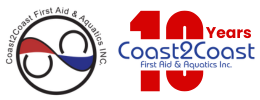

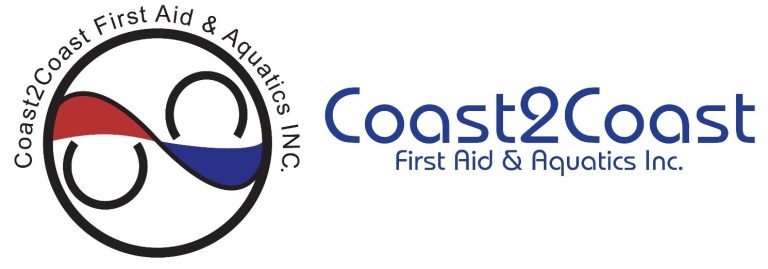

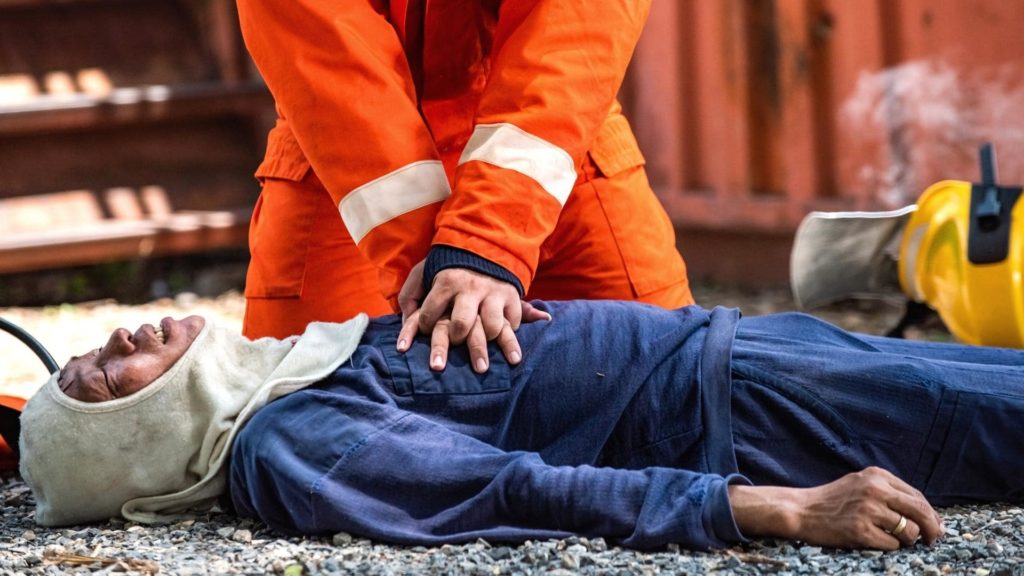


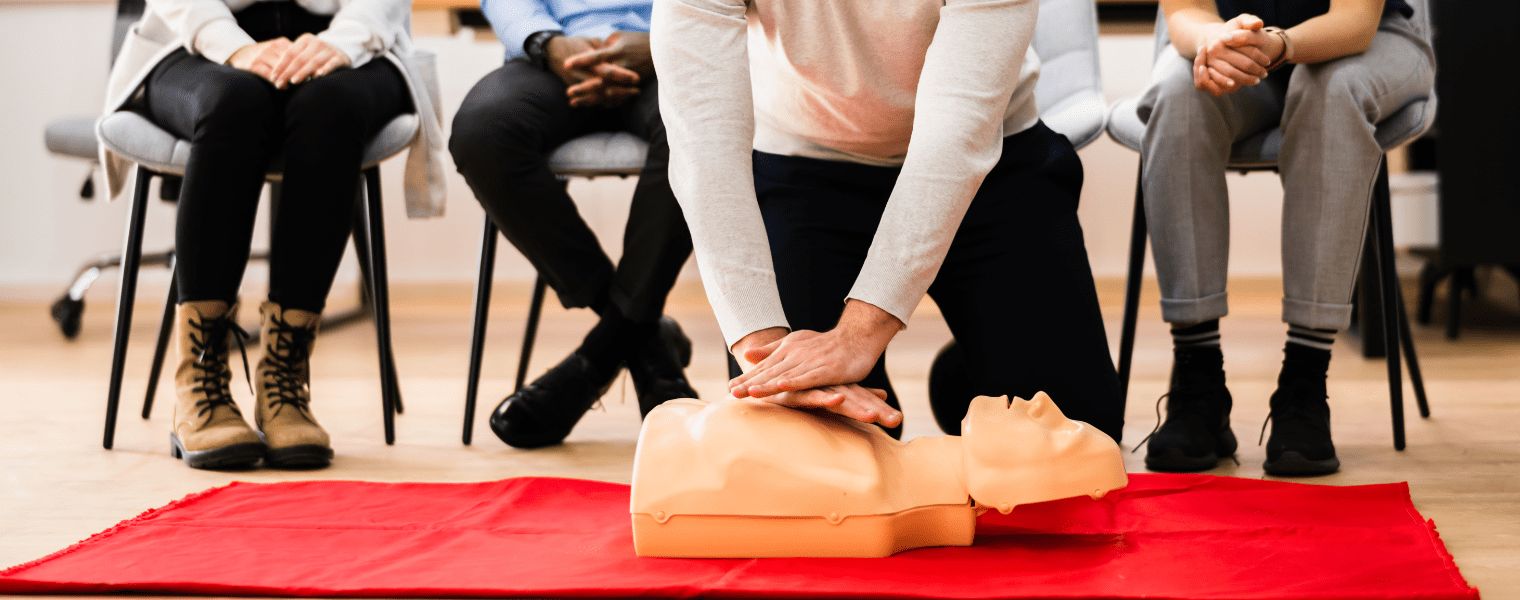
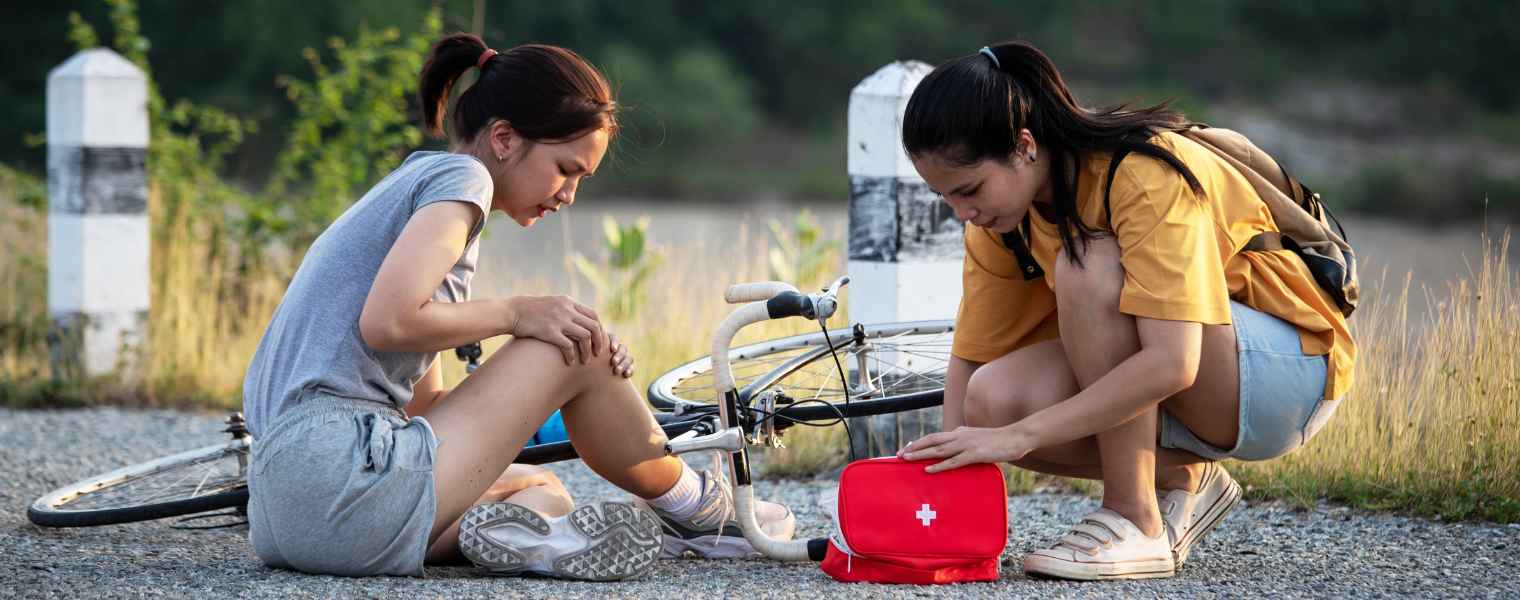

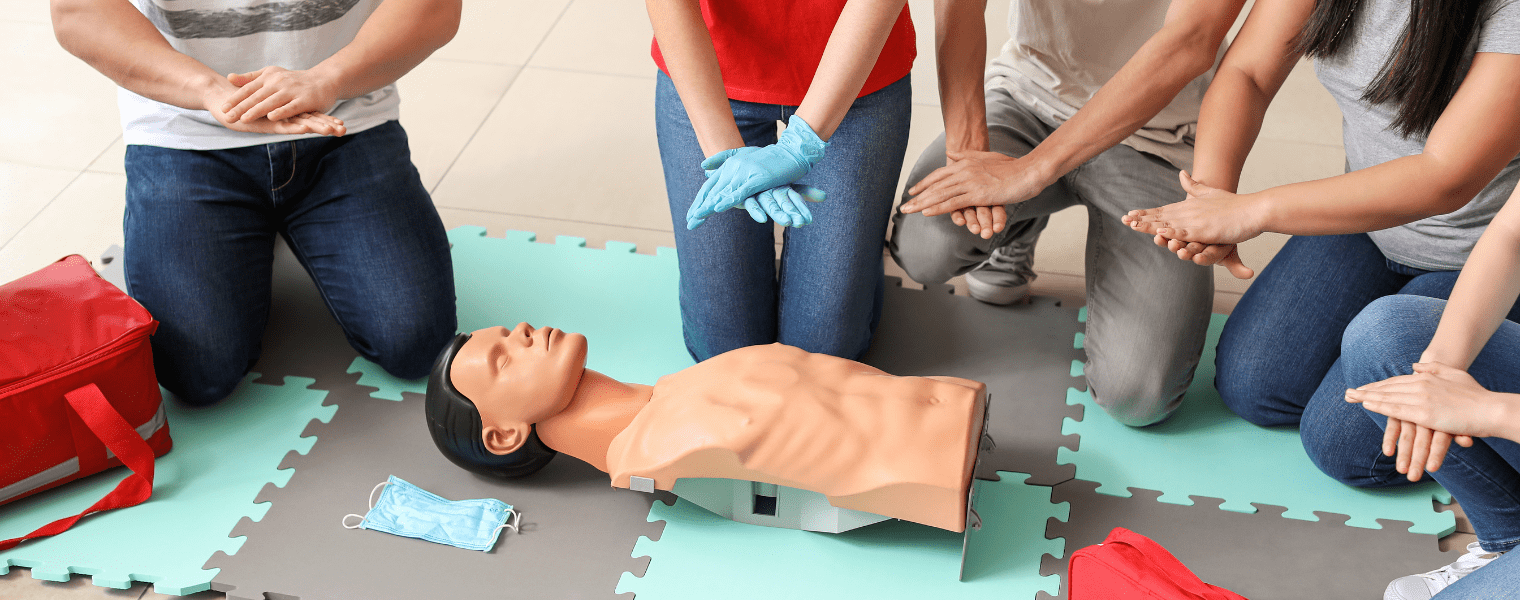
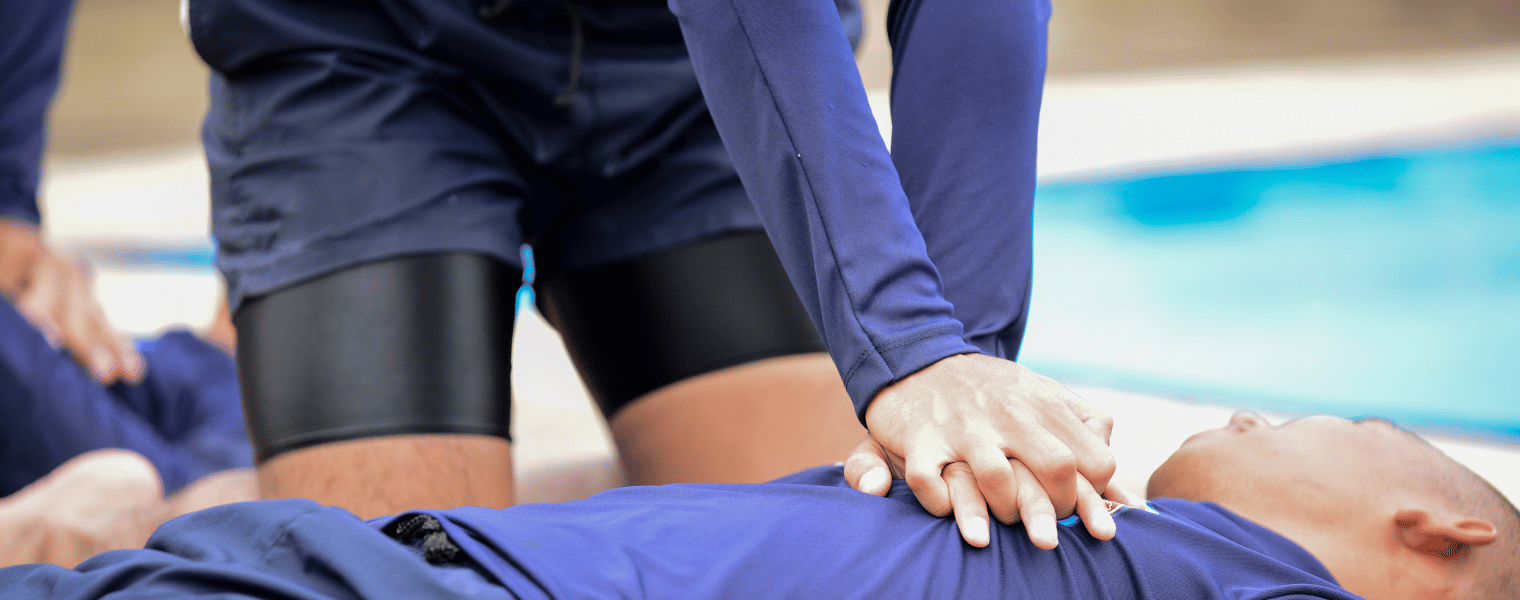
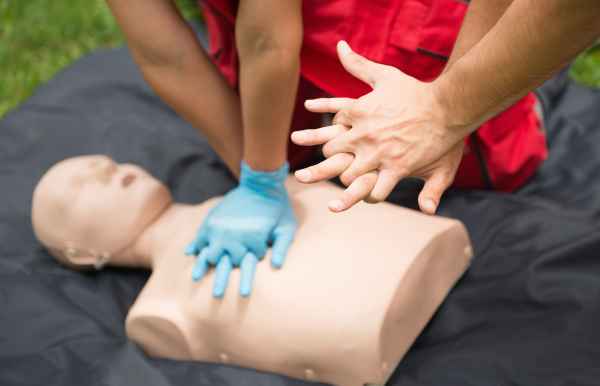

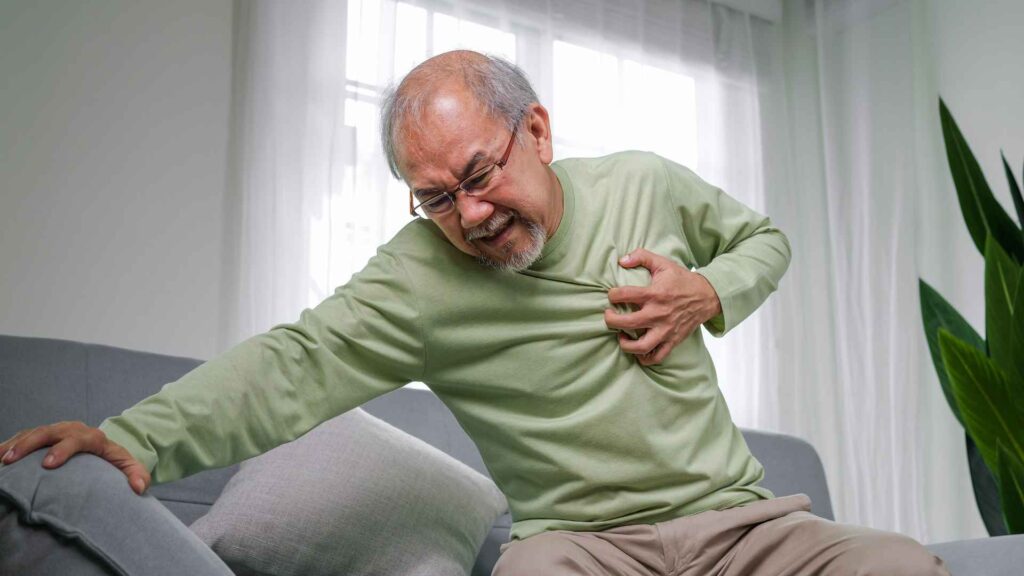
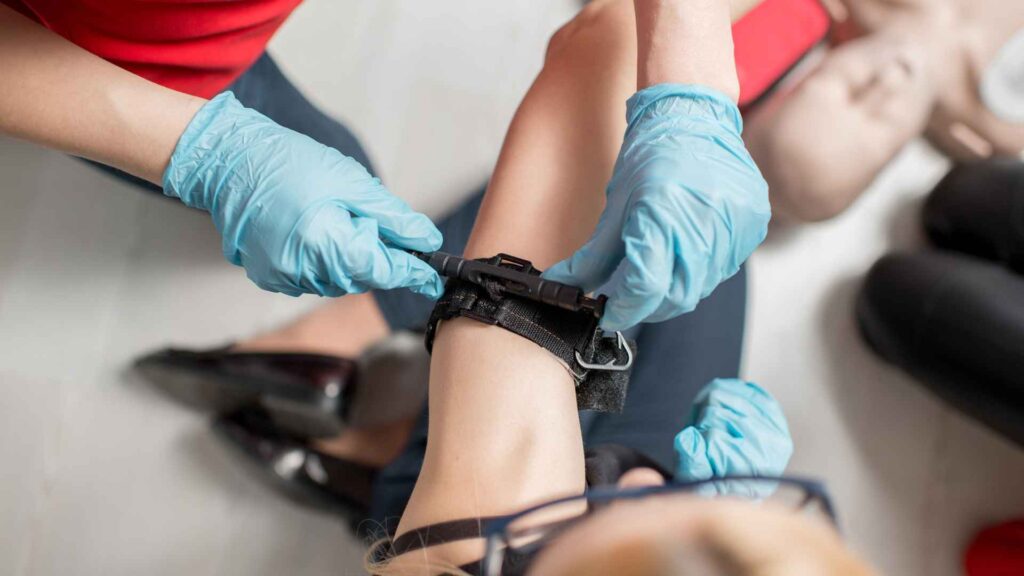
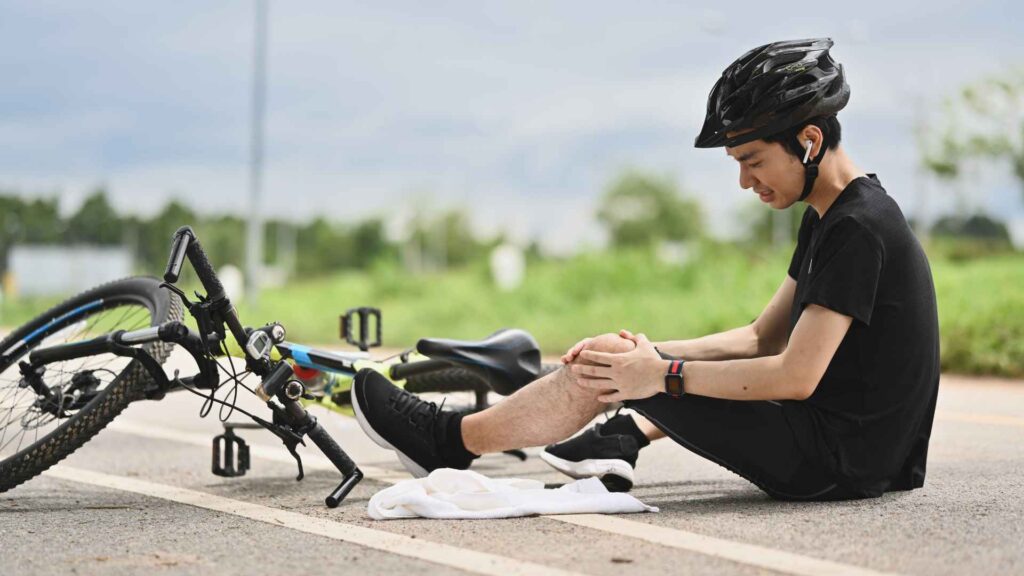
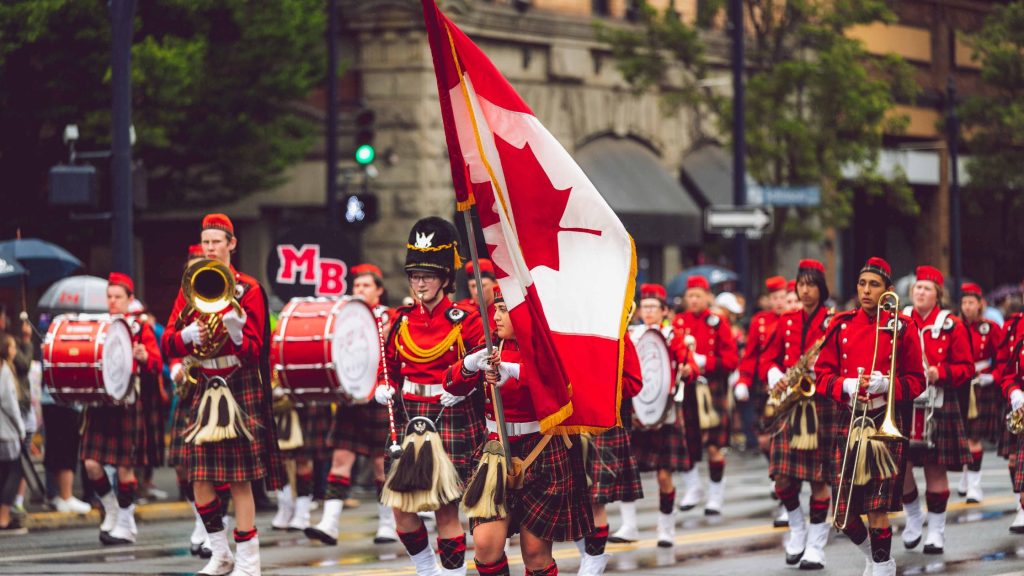

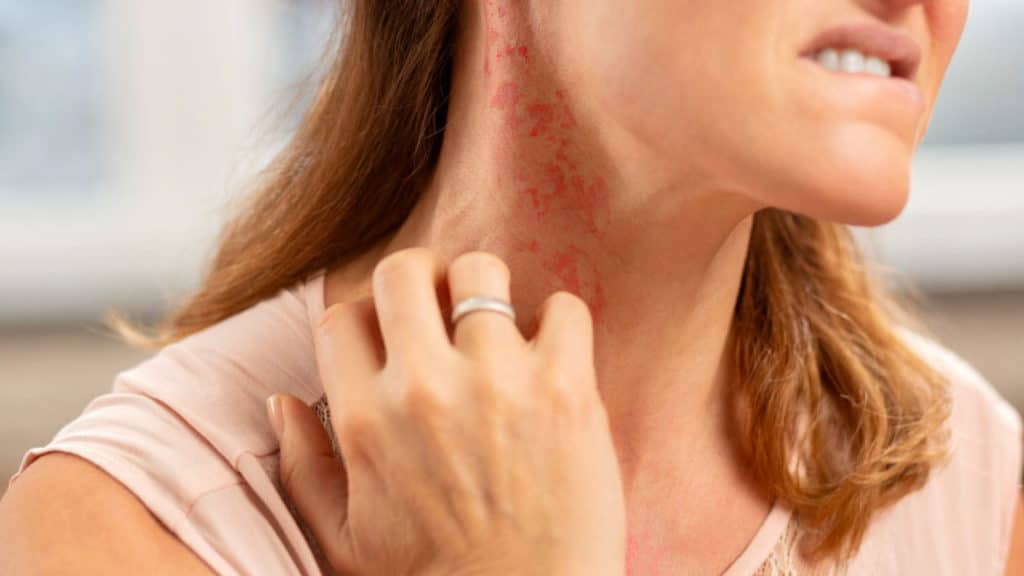
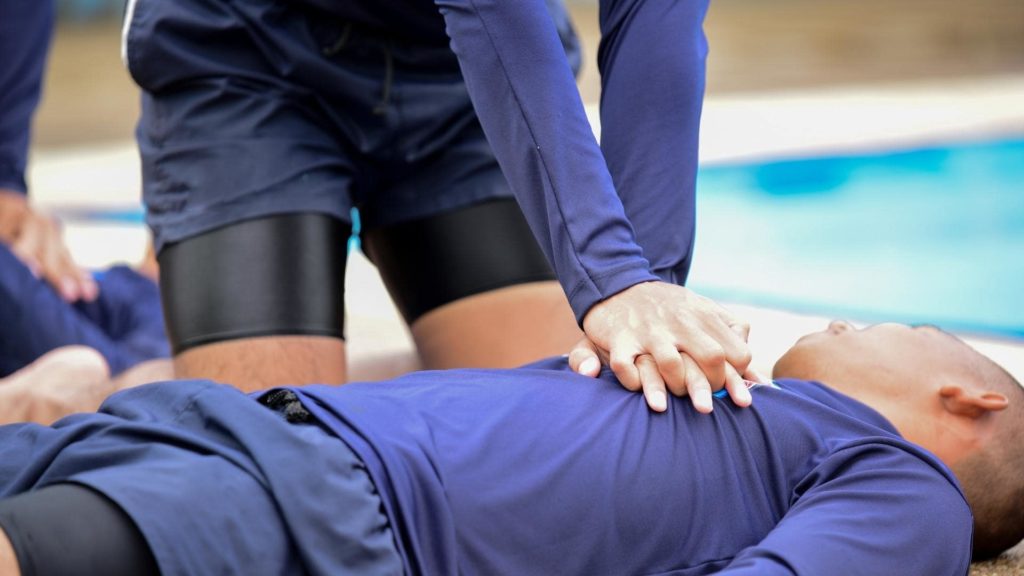
No comment yet, add your voice below!